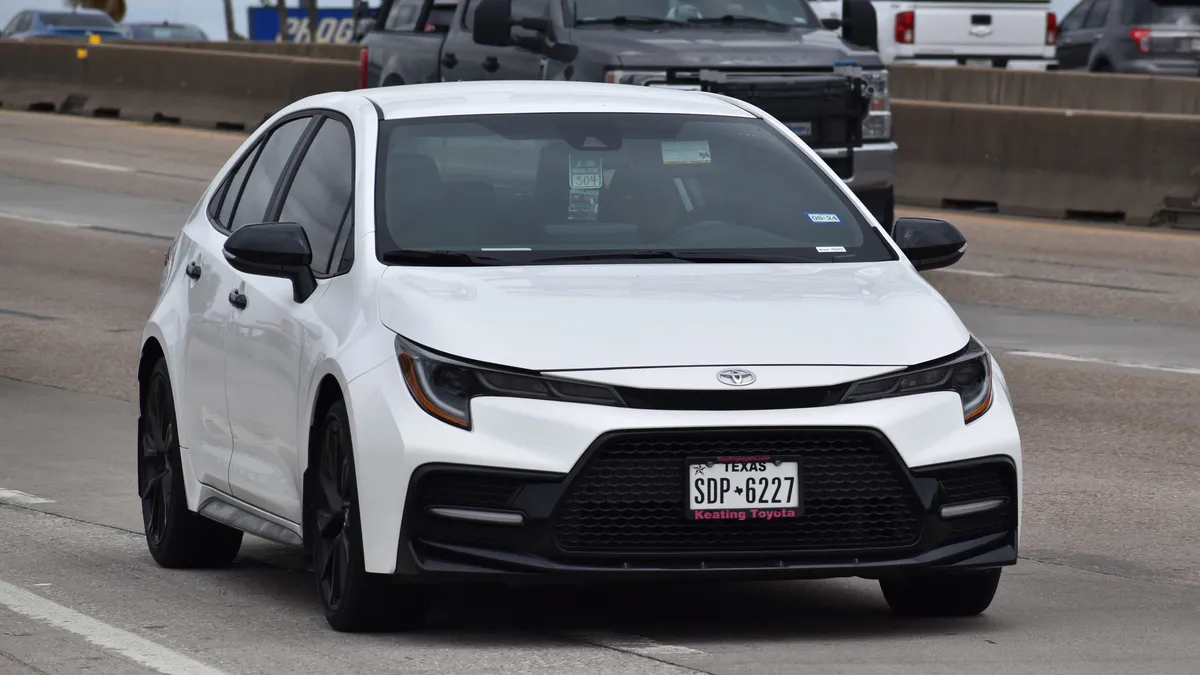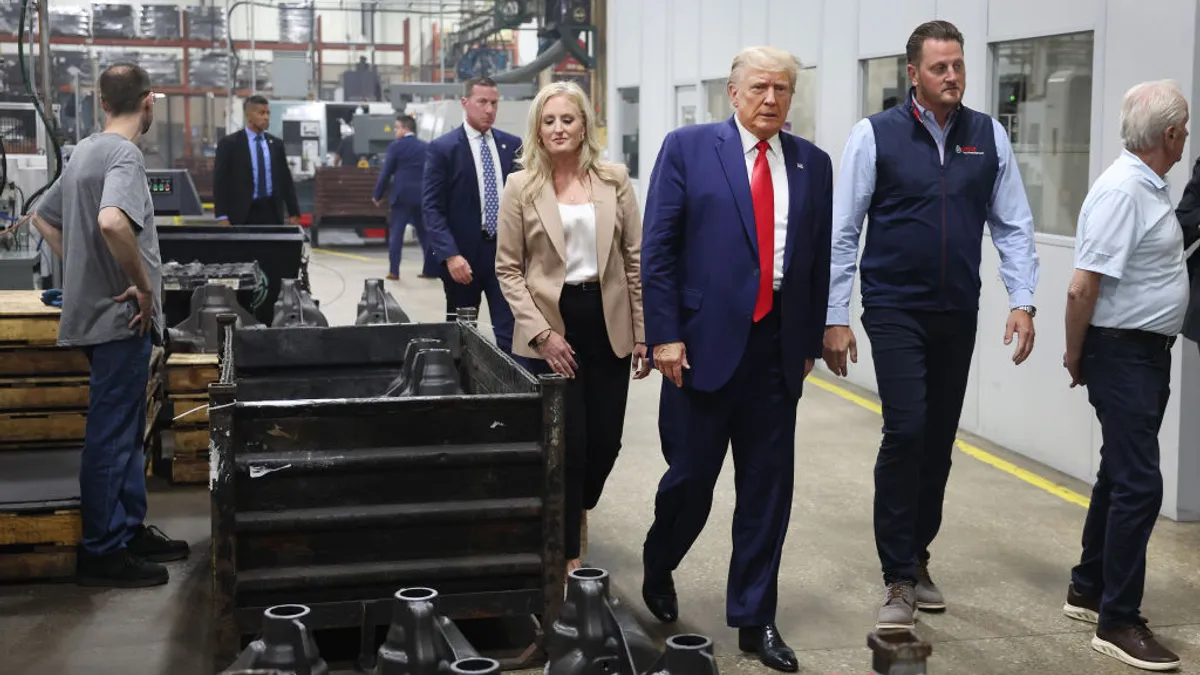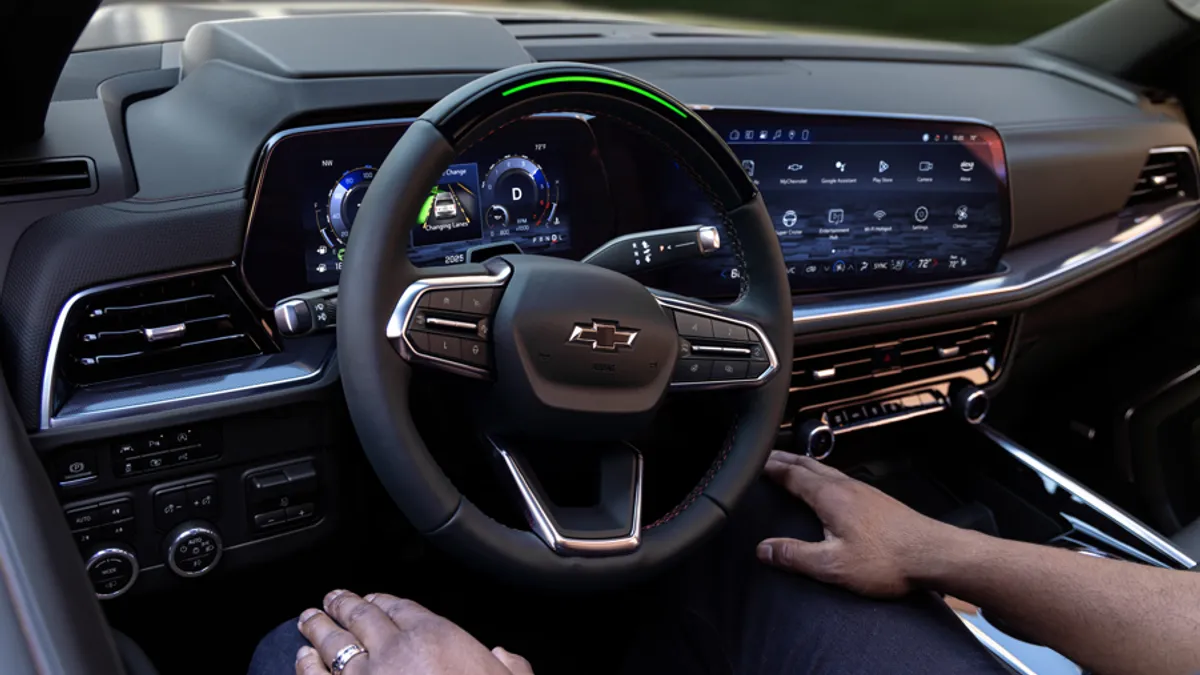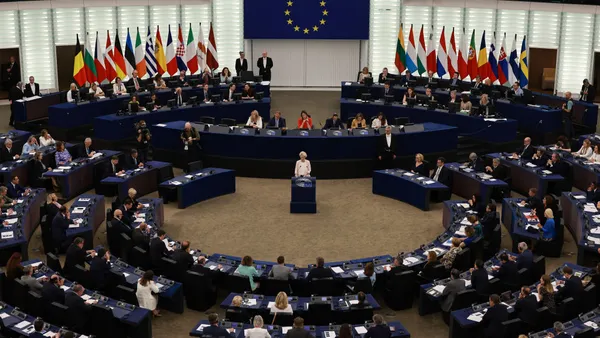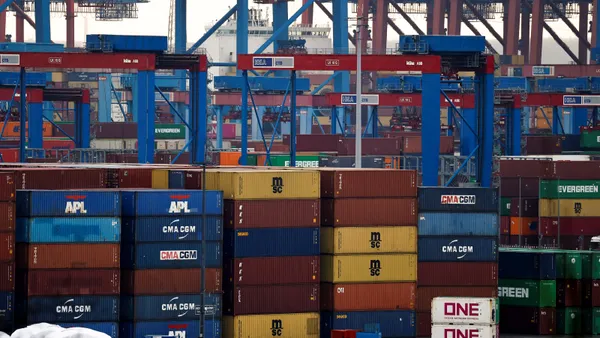New vehicle prices were stable in Q3, with higher vehicle supply contributing to downward price pressure, according to a recent Cox Automotive analysis of Kelley Blue Book September data.
The average new vehicle transaction price was $48,397 in September, slightly higher than in August but down 0.4% when compared to September 2023.
Aggressive incentive packages helped drive sales, as dealerships faced elevated inventories. The average incentive package in September accounted for 7.3% of a new vehicle’s transaction price — 2.5 percentage points higher than in September 2023 when the average incentive package was 4.8% of the selling price.
According to Cox Automotive’s vAuto Live Market View data, dealers had a supply of 2.84 million new vehicles in September — roughly 37% more new vehicles than were on lots in September 2023, when vehicle supply was 2.07 million.
Cox reported that average prices have also been subdued by sales of smaller and more affordable vehicles in 2024. For example, the Toyota Corolla, which is the 11th best-selling car in the U.S., had an average transaction price of $25,535, just over half of the average new vehicle transaction price. Cox also noted that two of the top five best-selling vehicles—the Toyota RAV 4 and Honda CR-V—often sell below $40,000.
“The subcompact and compact SUV segments are outperforming the market this year, and by no coincidence, they’re also two of the lowest-priced product segments in the market,” Cox Automotive senior economist Charlie Chesbrough said in a statement.
Cox noted that the Mitsubishi Mirage is the only new vehicle selling for less than $20,000.
Average prices of electric vehicles also fell 0.9% year-over-year to $56,351 in September.
Although EV incentive packages declined from August to September, incentive spending for EVs remains strong and higher than conventional vehicles. The average value of EV incentives was 12.3% of the transaction price, or $6,904.
Cox said the market through the final quarter of the year may be unpredictable due to the unknowns surrounding the U.S. presidential election, as well as other possible disruptions such as the final weeks of the Atlantic hurricane season.
“We still believe there is potential for growth in the market for the rest of the year, but with the uncertainty of a national election around the corner and major weather events disrupting business, maybe a slow, steady pace is all we should expect,” said Erin Keating, Cox Automotive executive analyst.


